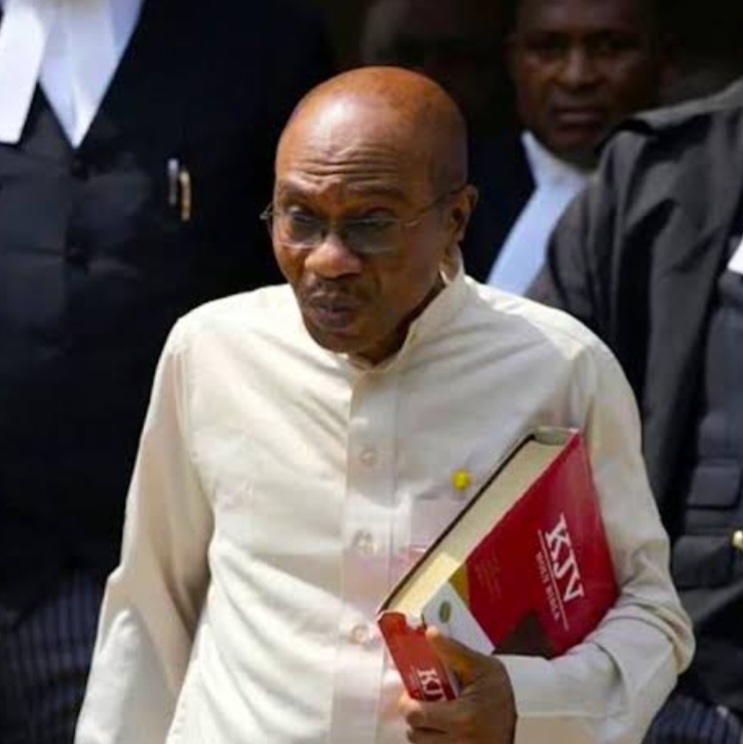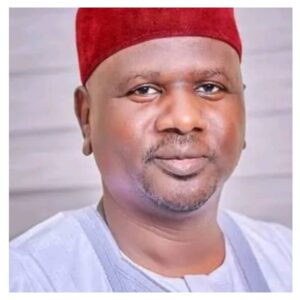In a recent development at the Federal Capital Territory (FCT) High Court in Abuja, the request of former Central Bank of Nigeria (CBN) governor, Godwin Emefiele, to travel to the United Kingdom for medical treatment was turned down. The decision, handed down by Judge Hamza Mu’azu, followed objections from the Economic and Financial Crimes Commission (EFCC).
Emefiele, who faces multiple corruption charges across courts in Abuja and Lagos, sought permission to travel abroad for medical reasons. However, the EFCC argued that granting him permission could potentially lead to his evasion of the ongoing trials. The court agreed with this stance, highlighting the seriousness of the charges against Emefiele, which include forgery, obtaining funds under false pretenses, and other corruption-related allegations.
Judge Mu’azu emphasized that Emefiele did not sufficiently demonstrate the necessity of his travel to the UK during the specified period. The court also noted the defendant’s involvement in various legal proceedings across multiple jurisdictions, underscoring the complexity of the situation.
This decision comes amidst a backdrop where Emefiele, who served as CBN governor for nearly a decade, has been facing legal challenges since his removal from office in 2023. The charges against him allege misconduct during his tenure, including the misuse of authority and improper awarding of contracts.
Following his arraignment last year, Emefiele’s passport had been seized as part of his bail conditions. Despite his legal team’s arguments for the release of his passport for medical reasons, the court upheld the EFCC’s objections, emphasizing the need to maintain the integrity of the ongoing legal proceedings.
The case highlights the intersection of legal accountability and personal circumstances, raising broader questions about the management of high-profile corruption cases and their implications for judicial proceedings.







